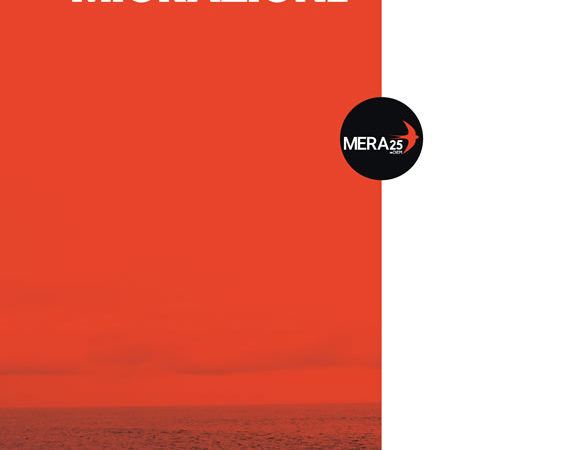On resilient cities and the Green New Deal for Europe
As we all find ourselves shut away from the world, the numbers of deaths from COVID-19 keeps rising and as of April 21st, there have been 175,474 deaths worldwide, the majority of which have been city dwellers. The virus is a wake up call for all of us and this is not a temporary rupture in an otherwise stable equilibrium. The crisis we are living through is a turning point in history with an oncoming economic depression and an eventual planetary breakdown which will make COVID 19 seem slight by comparison. While the crisis is still immediate, many amongst us are now starting to turn their attention to the question: “where do we go from here?”
DiEM25’s Green New Deal for Europe answers that question with its 10 foundational pillars containing a holistic and ambitious policy programme. As part of the deal for Europe, there will have to be a major focus on its cities and urban areas as that is where the majority of its citizens live and work.
Building cities and urban areas that are more durable, more humanly habitable and more resilient than those in the past is essential to ensure they can survive and thrive in the face of any kind of crisis.
A multifaceted approach is needed, and this article will introduce three essential ingredients to the Resilient city.
Firstly, we need well designed, compact urban spaces that promote cohesiveness and sustainable lifestyles with innovative approaches to construction using new localised materials and practices, such as ultra strong timber towers and biophilic design. For too long, grey and concrete urban expansions have plagued our cities that cause the urban heat island effect, accentuating the effects of heat waves and causing thousands of excess deaths. All of this should be supported a shift towards active travel and public transport to remove the dominance of the car from our lives, freeing up more space for the people.
Secondly, the economy of a city needs to become increasingly locally owned and diverse, allowing everyone to prosper and flourish. COVID-19 has exposed our interconnectedness and vulnerability, and has demonstrated the precedence of the everyday economy over the financial and of the absolute indispensability of essential workers and the local state. Community wealth building by the CLES comes to mind, which seeks to “provide resilience where there is risk and local economic security where there is precarity”. Alongside this, there needs to also be an exploration of moving past economic growth for growth’s sake towards potential stabilization of sections of the economy to prevent the trespassing of environmental boundaries while keeping the size of economies large enough so that minimum conditions for human well being are maintained. This has been thoughtfully demonstrated by Kate Raworth and her ‘Doughnut Economics’.
Thirdly, good governance, involving multiple stakeholders is essential. A postmodern understanding of resilience has demonstrated how it can serve as a style of governance that promises “transformative possibilities” with more localised participatory, collaborative citizen and community culture of engagement. Local communities understand their cities better than anyone else and are essential to building the resilience of the neighbourhoods of a city which has been demonstrated by proliferance of volunteer networks and food bank operators in the UK. This localised and decentralised approach to the governance of cities is essential to allow the voices of those who have traditionally been excluded to be heard in opposition to the top-down approaches beloved by the neoliberal establishment.
One advantage of the quarantine is that it allows us all time to think about how we can ensure that our cities are ready for the upcoming health and ecological crises. During a time when the governments are dominated by the feckless far-right, this thinking will be invaluable to the future survival of us all.
Find out more about the Green New Deal for Europe Campaign.
Volete essere informati delle azioni di DiEM25? Registratevi qui!




